UK terror threat level raised to SEVERE following taxi bomber at hospital
The Joint Terrorism Analysis Centre and MI5 have raised the current national threat level to SEVERE.
The threat to the UK (England, Wales, Scotland and Northern Ireland) from terrorism is SEVERE.
The suicide bomber explosion outside a Liverpool Women’s hospital on Remembrance Sunday has been named as Emad Al Swealmeen.
A live investigation is active, Three men – aged 29, 26 and 21 have been arrested. Properties on Rutland Avenue in the Kensington area were raided by armed officers.
On Monday, a fourth man, aged 20, was arrested. All four men have since been released from police custody without charge.
Anyone detained under the Terrorism Act can be held without charge for up to 14 days.
The taxi driver named David Perry survived the blast and escaped in time before the cab was engulfed by fire. He received treatment in hospital has now been discharged.
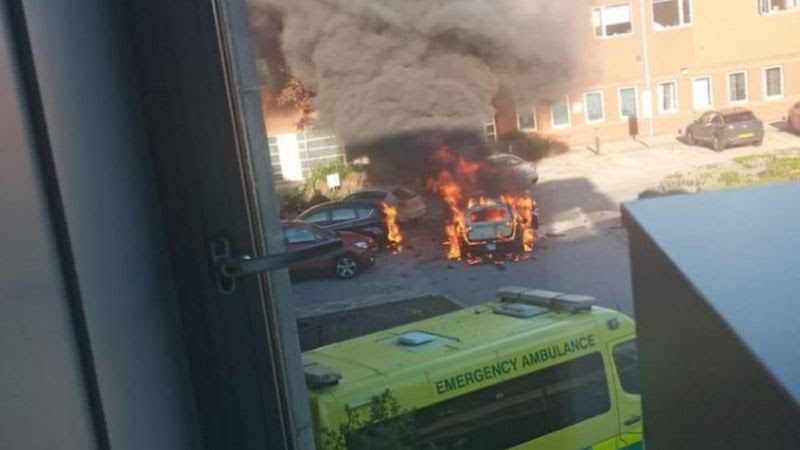
- SEVERE means an attack is highly likely
- CRITICAL means an attack is highly likely in the near future
How should you respond?
Threat levels are a tool for security practitioners working across different sectors of the Critical National Infrastructure (CNI) and the police to use in determining what protective security response may be required and do not require specific responses from the public.
If you have information about possible terrorist activity, call the Anti-Terrorist Hotline: 0800 789 321.
On the 15th October, Conservative MP for Southend West Sir David Amess died during a constituency surgery in Leigh-on-Sea in Essex.
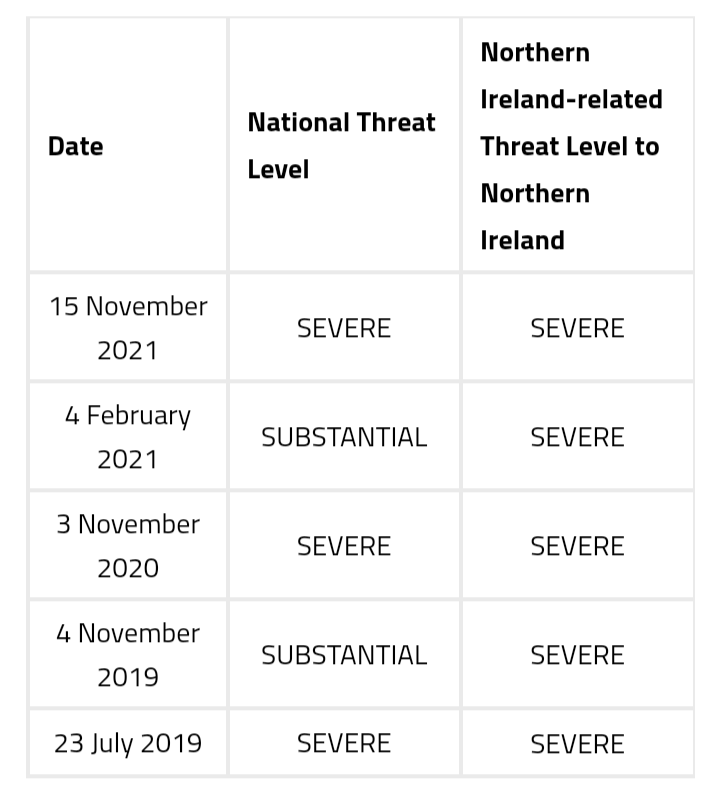
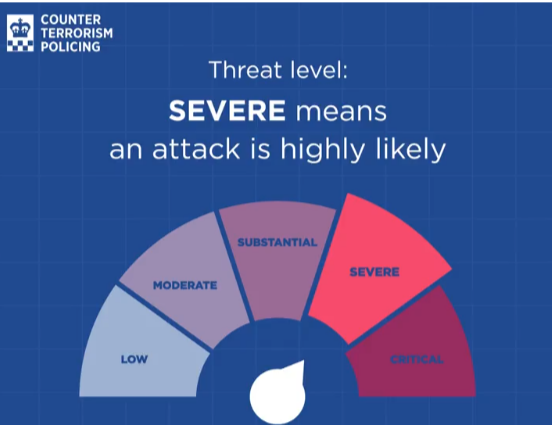
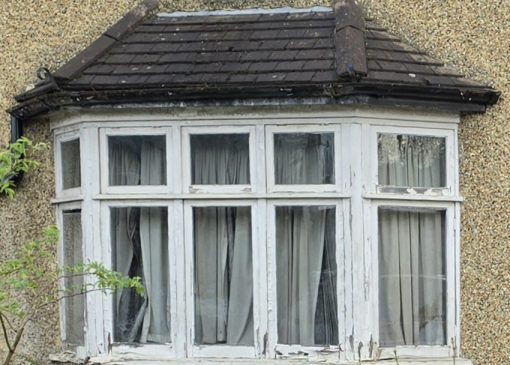

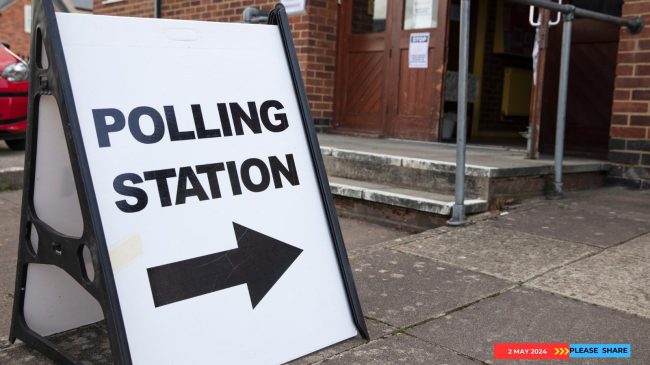
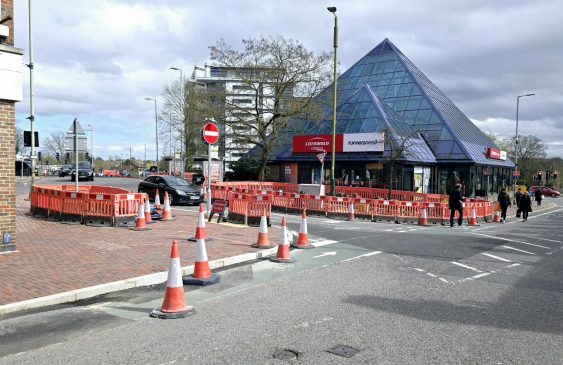

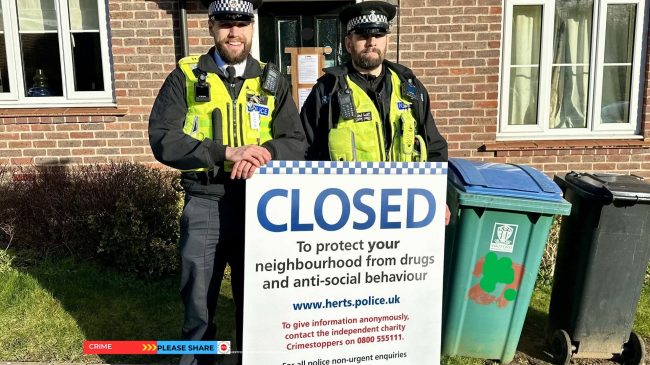


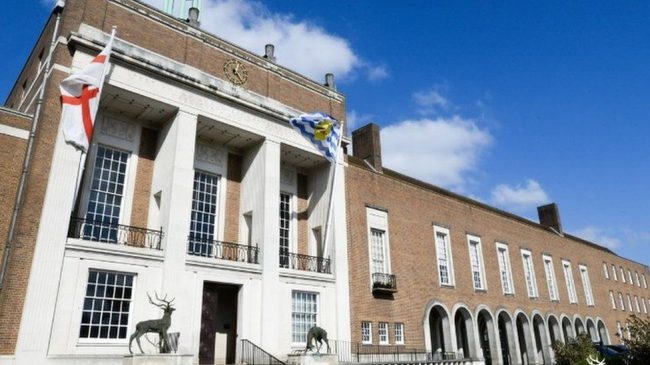

You must be logged in to post a comment.